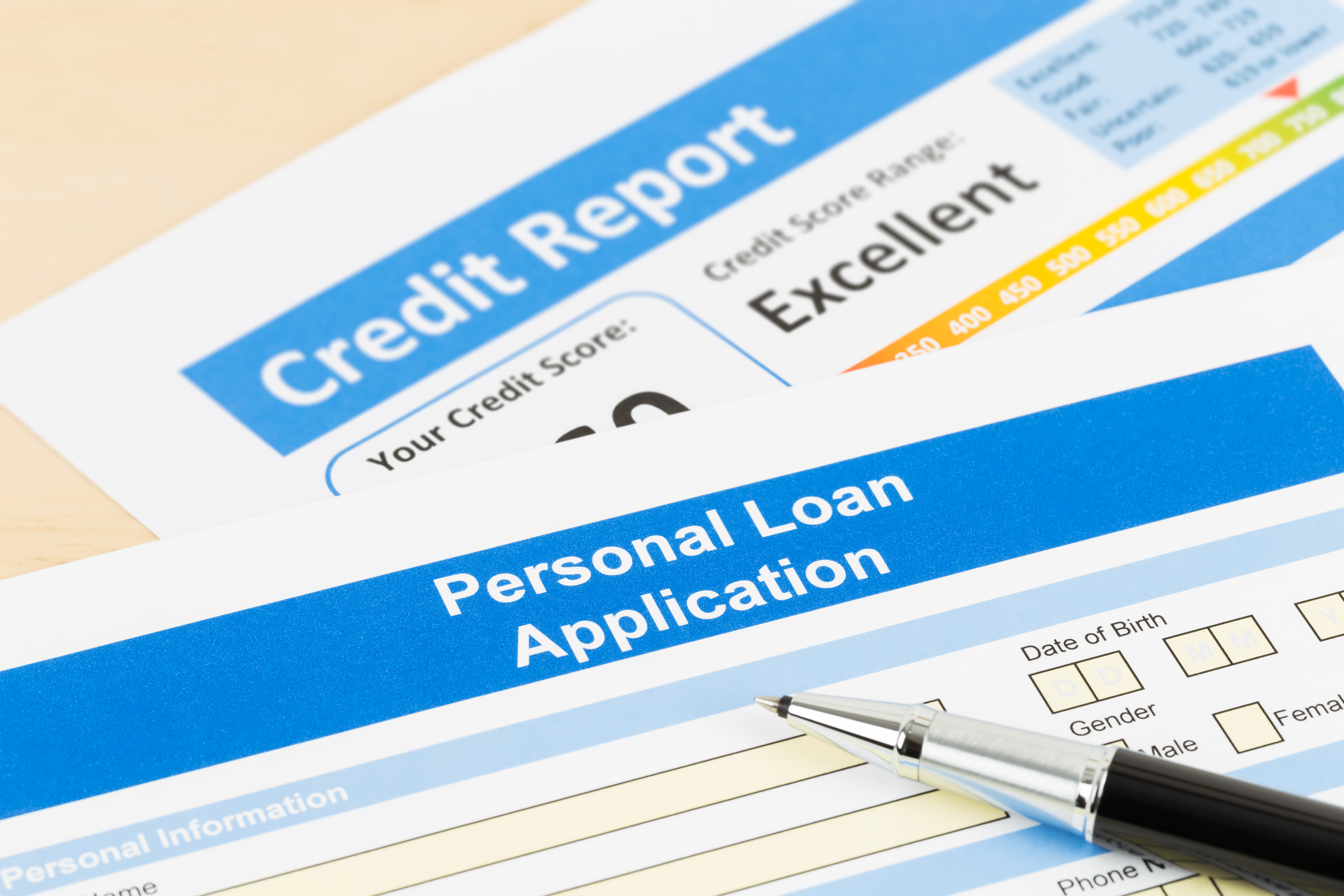7 tips to maintain healthy financial wellness
Latest post



Archives
Tags
Education Loan Personal Loan SME Loan Tips & Advice Home Loan Two Wheeler Loan

September 27, 2018
Attaining financial wellness is much easier said than done. Keeping this in mind, we’ve put together 7 simple tips that should make it easier for you to achieve and maintain a state of financial fitness.
1. Reduce your spending.
If you stay on rent, ensure your monthly outgo is not more than 20% of your monthly income. If you have a streaming service like Netflix, check if there’s a cheaper plan available. If you have an older broad band internet connection, try moving to a fiber plan – this will be more affordable and work faster too. Try this with your mobile phone plan and any other subscriptions you’ve applied to and you will find that, sometimes, less really is more!
2. Have a ‘zero-spend day’.
If you think about it, as long as you have your travel passes (train, metro & bus), food in the refrigerator and a working internet, you don’t really need much else. Of course, living such a bare minimum life is extremely hard, but it’s doable at least once in a month, or if you really want to save big, once every week (Sundays are best suited for this). If it ever gets too hard and you feel like giving up, remember, every penny saved is a penny earned.
3. Have capital goals.
Drawing-out capital goals is conceivably the wisest financial wellness decision that a person can make. The reason being, if we develop certain financial goals for the future, we subconsciously end up achieving them. These set of goals, help us to curtail our expenditure and increase our savings.
4. Save at the start of the month.
Savings are important. That’s why you should try and squirrel away at least of 10% of your income right at the start of the month. You could set up a recurring deposit or invest in a SIP that takes the money from your account automatically at the start of every month. This way, you force yourself into saving money.
5. Ditch your credit cards.
Yes, you read that right! Although, having a credit card may seem like a good idea but it really isn’t. This is because, at the end of the day, a credit card is just another form of debt. Therefore, even though credit cards empower you by providing financial assistance but at the same time, they encourage financial mismanagement. Hence, even if you plan on making timely repayments in order to get your credit score high, it is still advised that you should refrain from using it.
6. Create an emergency fund.
Once you’ve done all of the above, it makes sense to put away a little money every month and create an emergency fund. This will act like a safety net that will come to your rescue in time of financial despair. A general thumb rule when it comes to an emergency fund is to have at least 3 to 6 months’ salary saved away.
7. Reassess periodically.
Your income is bound to increase with time, as will your needs & requirement. Therefore, it’s very important you check your financial health periodically and see if you can save a little more, or if you think everything is fine, spend a little every now and then!
These were 6 tips that can help you achieve and maintain finance wellness. We hope this article has been helpful, good luck and all the best.


